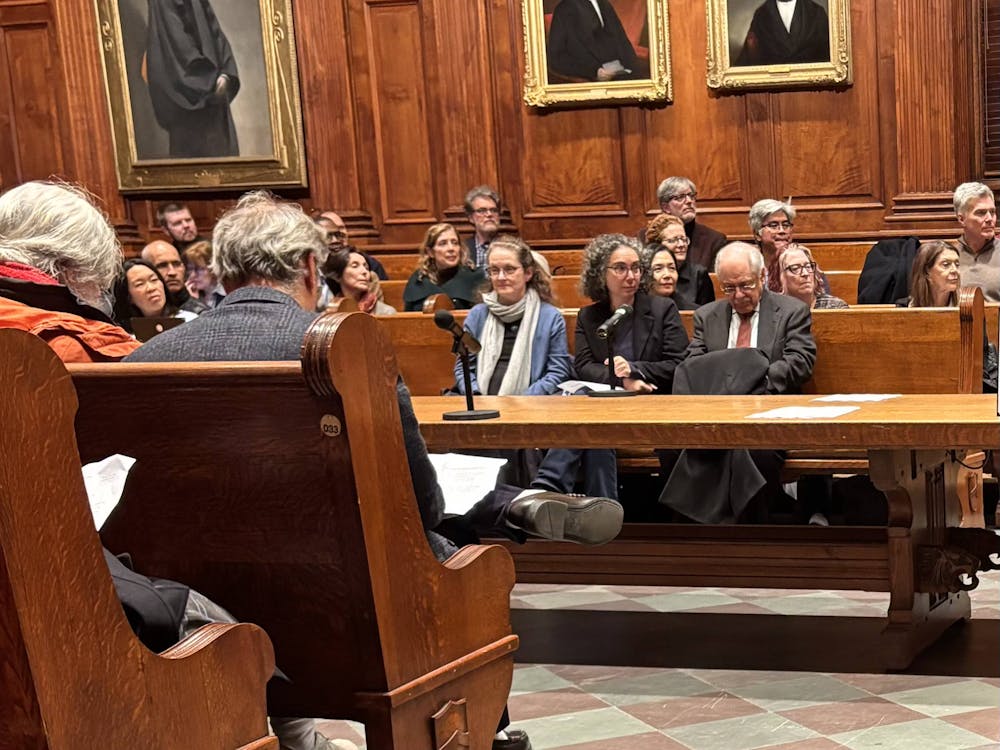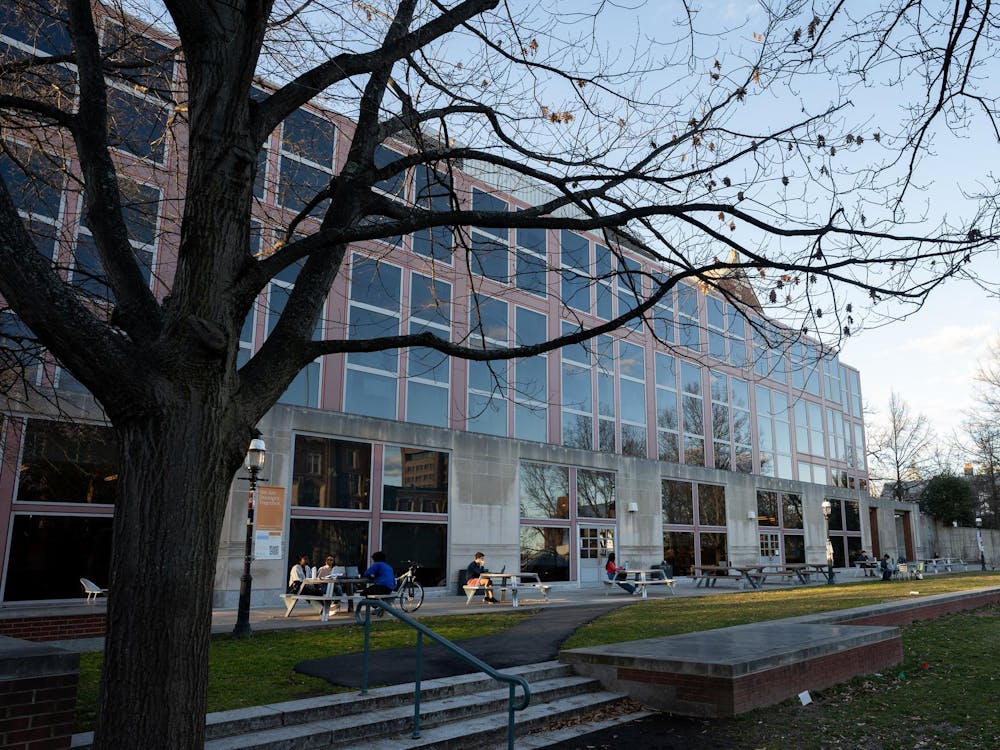Eighteen-year-old Chris Hirata walks into the room looking like any ordinary teenager. Wearing a gray shirt and glasses, he is laid back and friendly, yet humbly quiet and slightly shy.
His demeanor, however, belies the fact that he is a teenage prodigy. A 15-year-old freshman at Cal Tech three years ago, Hirata represents Princeton's physics department's greatest coup in recent years.
With an I.Q. estimated to be around 225, Hirata has been sought after by many elite institutions in his life. This year Princeton beat out schools like Harvard and Stanford for the right to claim him among its ranks — and all it took was a full scholarship and stipend.
"Most of the other places had drawbacks," he said. But Princeton — where Hirata follows the footsteps of famous scientists like Albert Einstein — seemed like the best place to study physics.
For most of his life, schools have had to accommodate his exceptional aptitude. He followed the normal curriculum in school until third grade, when his elementary school designed special math and science courses for him.
"I had some good teachers," Hirata said of his elementary and middle school days, "but it was mostly a waste."
He also took some classes at the local high school and later skipped seventh through tenth grades, catapulting the preteen into the high school environment unusually early.
"I felt awkward the first couple of days," Hirata said, but added that a group of older students took it upon themselves to protect him from typical high school threats such as "bullies."
Soon Hirata was filling in for his physics teacher, teaching his fellow classmates whenever the teacher could not make it to school.
"I taught fifth grade math for a while," he explained.
And though it may seem that he lost much of his childhood, Hirata said he is happy to be on the accelerated track.

"I definitely lost something, but I also gained something," he said. "It's definitely worth it."
Middle school, for example, is not something he was sad to miss. He does feel, however, a twinge of regret that he didn't have a normal high school career.
"I think about that whenever I go back to my old high school," he said, "but I wouldn't have traded it for the world."
At Princeton, his status as a teenage — 18.8-year-old, to be exact, he noted — graduate student may seem a strange and awkward position to be in, but Hirata seems to be fine with it. "I think I've gotten used to it," he said.
"It provides you with something to talk about," he explained, noting his former Cal Tech classmates found it "sort of amusing."
He ventured to say that he believed Princeton graduate students were already adapting to working with a teenager.
"They know [I am young] but it's not a big deal and I don't want it to be a big deal," Hirata continued, sounding sagely wise from experience. "Once you're in grad school, it's time to move beyond that."
He noted that the difference between 18 years and 22 years is only 20 percent and, "in astrophysics, if you're beyond 20 percent you're okay."
Like any kid his age, Hirata finds time for fun — though he does spend much time working on complex mathematical problems and physics-related projects. At 16, he was working with NASA on a project exploring the possibility of colonizing Mars.
"The first thing I learned is that if you have a lot of work to do . . . you have to combine things," he explained, describing his time as a pie chart divided into sections such as sleeping, studying and talking to Mom, who still lives in California with the rest of his family.
In addition to hanging out with friends, Hirata swam for Cal Tech and hopes to take up swimming here at Princeton.
But no matter how busy Chris's schedule may seem, he said he feels no pressure from anyone to be a certain way or accomplish certain goals just because of his intelligence.
"I'm doing what I want to do," he said.







